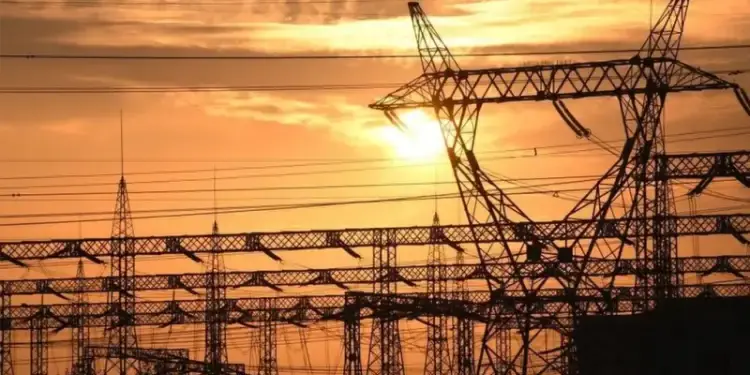According to the latest data from Bulletin of the energy situation of the National Energy and Mines Observatory For the month of June 2025, Tunisia is at a critical turning point. The country’s energy independence rate has dropped 44 % to 38 % Between 2024 and 2025, signaling an increasing vulnerability. Electricity production increases, but the country remains dangerously dependent on natural gas. If this situation has made it possible to respond to an increasing national demand, it exposes the nation to major economic and geopolitical risks.
The cost of dependence: a light, but fragile economic burden
The official document reveals a complex reality: despite persistent dependence, the deficit of the energy trade balance has Improved by 7 %passing from 5,577 mdt at 5,188 mdt At the end of June 2025. This improvement is not the result of increased autonomy, but rather the result of external factors. The decrease in the average price of Brent oil (going from $ 84/BBL at $ 72/BBL) and the appreciation of the Tunisian dinar of 2 % Faced with the US dollar have considerably reduced the bill for energy imports.
This situation perfectly illustrates the vulnerability of the Tunisian economy: its finances are at the mercy of the volatility of international markets and not a strategic mastery of its supply. In addition to these fluctuations, Tunisia massively subsidizes energy to maintain low prices for its citizens, which represents a heavy burden for the state budget.
A national production in decline: the urgency of diversification
The problem is twofold: not only the demand increases, but national production is in decline. According to the bulletin, primary energy resources have dropped 8 % In the first six months of 2025. This fall is due to the decrease in national production of crude oil, which has dropped 9 % in order 629 ktand that of natural gas, which has decreased 5 %.
Faced with this contraction of the local supply, the demand for primary energy has, on the contrary, increased by 6 % During the same period, especially for gas (+10 %) and petroleum products (+1 %). This divergence between supply and demand makes Tunisia even more dependent on imports. Trade confirms this, with a decrease in exports of energy products from 38 % in value, against a drop in 15 % imports.
Strategic dependence on Algeria
It is in terms of energy security that this dependence manifests itself most clearly. Tunisia is still strongly linked to Algeria for its electricity supply. According to official data from the bulletin, direct electricity purchases from Algeria have fell 19 % At the end of June 2025. Despite this drop, these imports still covered approximately 10 % of needs of the national market, emphasizing a strategic vulnerability which can only be resolved by greater autonomy.
Solar, the future which is already lighting
Fortunately, a glimmer of hope shines for the energy future of Tunisia. The potential for renewable energies is immense and their development has a direct effect on the independence of the country. The bulletin also emphasizes that the commissioning of the tozeur 2 photovoltaic power plant of 10 MW In June 2022 is a step in the right direction.
To secure its future, Tunisia must imperatively speed up its energy transition. The Tunisian sun is the most precious asset in the country. Investing massively in solar, facilitating private projects and encouraging innovation are the keys to building a safer, less expensive energy future which will guarantee real sovereignty for all.








